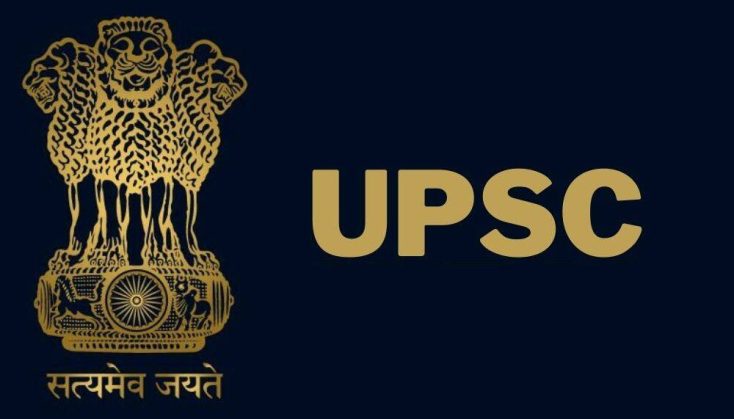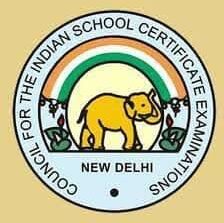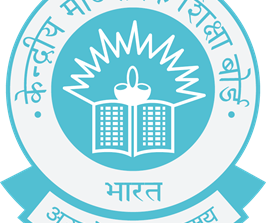Embarking on the journey of UPSC exams signifies not just a desire for a job but an aspiration for a career that shapes the course of the nation. It’s a prestigious opportunity to join the esteemed ranks of civil services, including the Indian Administrative Service (IAS), Indian Police Service (IPS), and Indian Foreign Service (IFS), among others.
However, achieving success in UPSC exams isn’t merely about filling one’s mind with facts and figures; it’s about cultivating a deep understanding of various subjects that form the backbone of governance. From delving into the annals of History to understanding the intricacies of Geography, from dissecting the constitutional provisions of Polity to deciphering the economic principles shaping our nation’s trajectory, UPSC exams demand a comprehensive grasp of diverse topics.
Preparing for UPSC exams is no small feat. Aspirants immerse themselves in a world of books, reference materials, and online resources, tirelessly striving to master each subject’s nuances. Yet, success in UPSC exams isn’t solely about memorizing information; it’s about honing critical thinking skills. Candidates must demonstrate the ability to analyze complex situations, apply logical reasoning, and communicate effectively, traits essential for effective leadership in civil services.
However, the journey doesn’t end with clearing UPSC exams; it’s merely the beginning of a transformative career. Those who succeed find themselves at the forefront of change, holding influential positions in governance, administration, diplomacy, and policymaking. Their decisions and actions shape the nation’s future, leaving an indelible mark on society.




